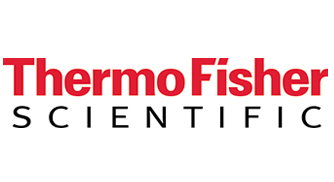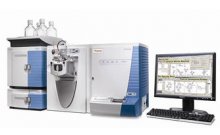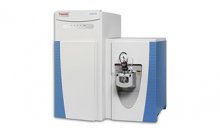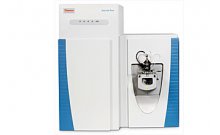使用基于磁珠的自动化系统和高分辨LC-MS/MS及SRM对细胞裂解液中的磷酸化肽段进行高效富集和鉴定
简介:
Phosphoproteins are integral to global cellular signaling in disease and key to understanding biological regulation. Unfortunately, many phosphopeptides are present at very low levels in a typical cell lysate. An efficient, automated and robust enrichment strategy in a proteomics workflow can facilitate the identification and quantification of these lower-abundance species. Previous approaches have focused on enrichment with immobilized metal ion affinity chroma - tography (IMAC).However, enrichment and recovery of phosphopeptides using an IMAC system strongly depends on the type of metal ion and column material, and is often hampered by the non-selective enrichment of acidic peptides.,Recently, metal oxide affinity chromatography using aluminum, titanium, zirconium and other metal oxides was successfully applied for selective enrichment of phosphopeptides. We describe here an integrated, automated, high-throughput workflow using high-resolution LC-MS/MS for the selective enrichment and identification of phosphopeptides from cell lysates. Once the phospho -peptides are discovered and identified, selective reaction monitoring (SRM) assays using a triple quadrupole mass spectrometer can be developed to efficiently monitor and quantify the target peptides
仪器:
Thermo Scientific TSQ Quantum Ultra triple quadrupole mass spectrometer
Thermo Scientific LTQ FT Ultra hybrid mass spectrometer
结论:
An automated, high-throughput workflow for the enrichment of phosphopeptides from cell lysates was developed. Accurate measurement of phosphorylated proteins and peptides is crucially important due to their central role in cell signaling pathways. Unfortunately, phosphopeptides are typically present at very low levels in cell lysates. An efficient and robust pre-analytical enrichment step for phosphopeptides facilitates the understanding of these fundamental biological pathways. The enrichment of phosphopeptides described in this report using magnetic TiO2 beads was comprehensive and selective. The described workflow enabled the discovery and identification of phosphopeptides in complex samples with the subsequent development of targeted SRM-based assays that may be useful for clinical research applications.




